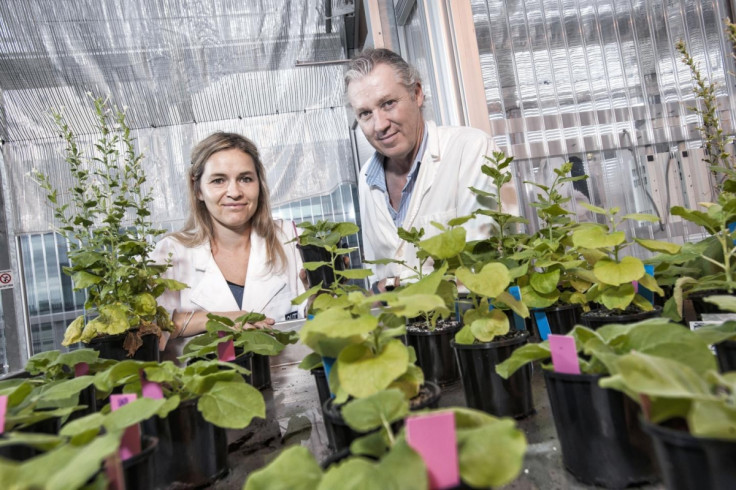Ancient magical Australian plant could help grow food in space

An ancient native Australian plant species that has survived for almost 750,000 years and even under drought conditions could hold the secret to growing plants in space. It could also have major impact on future plant biotechnology, say scientists from Queensland University.
The researchers were trying to determine the exact species of the Australian native tobacco plant Nicotiana benthamiana, known as Pitjuri to indigenous Aboriginal tribes, when they hit upon the plant's survival formula.
"We have discovered that it is the plant equivalent of the 'nude mouse' used in medical research," said lead researcher Dr Julia Bally. Nude mice are lab varieties with compromised immune systems ideally used in research.
Using a molecular clock and fossil records, the team found that this particular plant has survived in its current form in the wild for around 750,000 years. It did this by focusing on being able to germinate and grow quickly, rapidly flower, and set seed after even a small amount of rainfall.
While the plant has lost its 'immune system' in the process, it has instead focused on producing large seeds and on getting these seeds back into the soil in time for the next rain, said Bally. It could be an ideal candidate for sterile conditions without diseases.
"The plant has worked out how to fight drought -- its number one predator -- in order to survive through generations."
Professor Peter Waterhouse, a plant geneticist at QUT said: "This plant is the 'laboratory rat' of the molecular plant world," he said, adding "we think of it as a magical plant with amazing properties."
"So the recent film The Martian, which involved an astronaut stranded on Mars growing potatoes while living in an artificial habitat, had a bit more science fact than fiction than people might think.
"Scientists can now know how to turn other species into 'nude mice' for research purposes. So just as nude mice can be really good models for cancer research, 'nude' versions of crop plants could also speed up agricultural research."
© Copyright IBTimes 2025. All rights reserved.





















